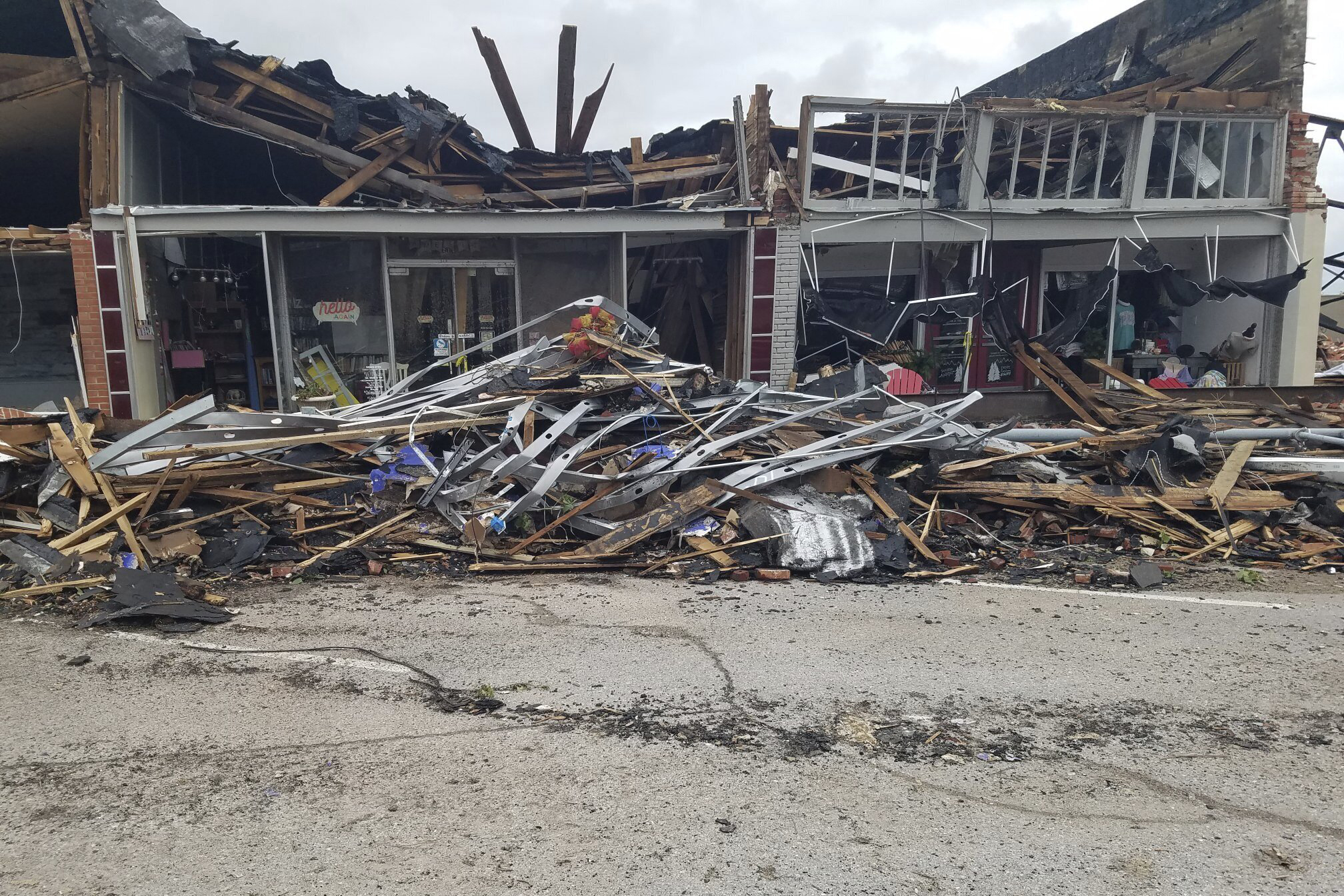A new Dallas Equity Plan approved by the Dallas City Council Wednesday is intended to reverse past racial inequity by reforming all city programs and spending.
Councilman Casey Thomas led the push over the past few years for equity instead of equal spending across the city.
“We cannot wait any longer to right the wrongs of the past. Today we have an opportunity to take the first step to reestablish trust with communities of color,” Thomas said.
Several public speakers asked for a delay to allow more Spanish language input. Supporters of the plan said many meetings were held already for input including in Spanish and greater input from neighborhoods in the future is included in the policy.
Get DFW local news, weather forecasts and entertainment stories to your inbox. Sign up for NBC DFW newsletters.
“This is a really, really exciting day for the City of Dallas,” Councilman Adam Bazaldua said. “This is also something new to cities across the country that I believe are going to be modeling after us, as well. So that we can right wrongs across the country. Equity is not equality and we’re going to have to address it in this manner if we’re ever going to change anything.”
Council Member Cara Mendelsohn cast the only vote against it.
Mendelsohn said all of Dallas has weak services and a better approach would be a plan to promote Southern Dallas development.
Local
The latest news from around North Texas.
“Communities of color are everywhere in our city. We have one of the highest poverty rates in the country for a major city and this should be our urgent priority for the entire council and our city. To continue fighting over dollars that are needed everywhere, by everybody, in every district, every race; every single area needs investment,” Mendelsohn said.
Other Anglo members of the City Council supported the equity plan.
“This plan is about trust through change,” Council Member Jaynie Schultz said. “The team that put this plan together is asking us and you the beautiful kaleidoscope of people who call Dallas a home to give this plan a chance.”
One example of neglect that neighbors cite is Chalk Hill Road between I-30 and Singleton Boulevard in West Dallas. The narrow two-lane road is filled with potholes and patches. It has gravel shoulders and serious drainage problems with heavy truck traffic.
It serves the traditionally Latino-populated Ledbetter-Eagle Ford neighborhood where Debbie Solis is an activist.
Solis was involved in promoting the equity policy.
“For generations, we have been just left out,” Solis said. “They have to go back to when they never helped this community so everything should be doubled in our area because we never got services before.”
Separate from the equity policy vote Wednesday the Dallas City Council unanimously approved the reconstruction of Chalk Hill Road and its bumpy railroad crossing. It will be a complete street with four vehicle lanes, bike lanes and wide sidewalks.
Councilman Omar Narvaez who represents the area said Chalk Hill Road has been like traveling over land mines for decades.
“This neighborhood has waited far too long to make this happen,” Narvaez said.
Solis said she hopes the equity plan will help catch up on more problems in Ledbetter-Eagle Ford and other Dallas neighborhoods.
“Just walk West Dallas and South Dallas. The needs are so much greater here,” Solis said.
Equity is to be the policy for the new Dallas budget in the works now to be approved by the end of September.



